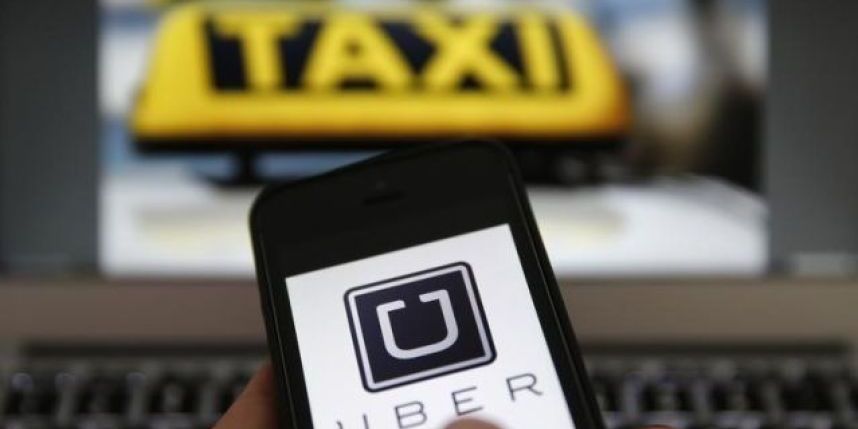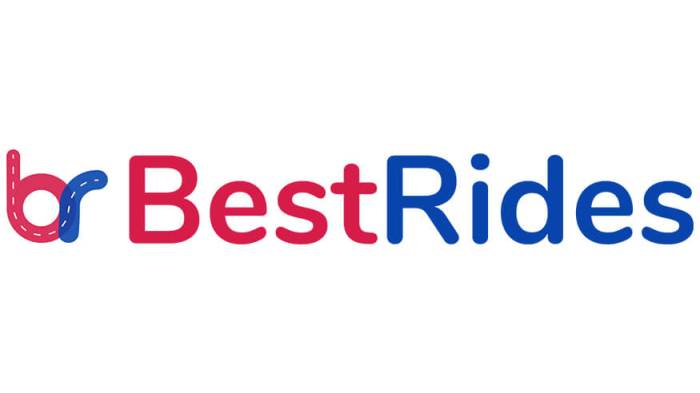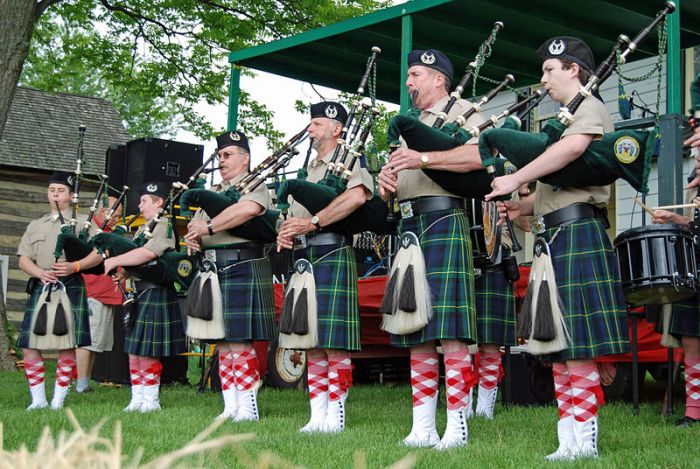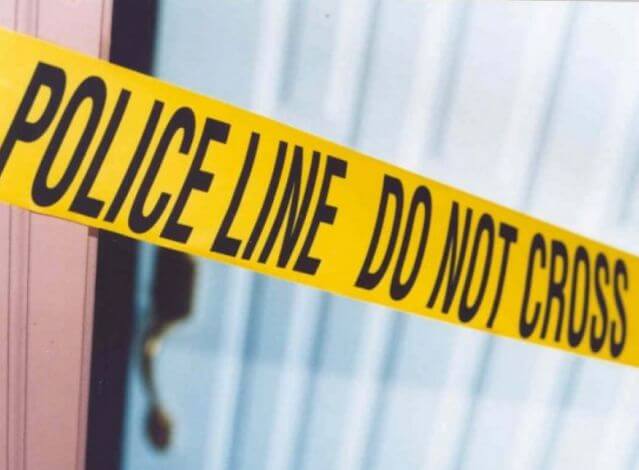Taxi cab drivers have long been at odds with ride-hailing services that seem to have taken over city transportation.
The rivalry is escalating. More than 30 Boston-area cab companies have filed a lawsuit against Uber, alleging that the company aimsto be a monopolythanks to its “predatory pricing.”
It also argues that taxi drivers have worked hard to comply with state laws while Uber is violating those laws and deceiving customers.
The lawsuit, filed on Friday, names Gov. Charlie Baker as a defendant as well.The cab companies argue that the Commonwealth has violated their constitutional rights because a recent state law exempts “Transportation Network Companies,” such as Uber and Lyft, from the same city and town regulations that govern the taxi industry. This means that the taxi companies and ride-hailing services, which are direct competitors, are “being regulated by different government bodies in an entirely unequal way,” the lawsuit argues.
Baker signed the bill into law on Aug. 5. It requires ride-hailing companies to pay a 20-cent fee per ride. It also requires background checks on all drivers.
“Governor Baker, in collaboration with the legislature, was pleased to sign legislation establishing a regulatory framework for transportation network companies, that didn’t previously exist and prioritizes public safety including some of the strongest ride-for-hire background check systems in the nation,” said Billy Pitman, press secretary for Baker’s office, when asked about the lawsuit. The office did not comment on the pending litigation. Uber did not provide an official comment on the lawsuit either, but a spokesperson noted that a similar case occurred in Chicago.
There, a federal appeals court ruled that the city could apply different regulations to services like Uber and Lyft than it does to taxis, according to The Boston Globe. “Here’s an analogy: Most cities and towns require dogs but not cats to be licensed…there are differences between the animals,” the judge wrote in that decision. “Just as some people prefer cats to dogs, some people prefer Uber to Yellow Cab, Flash Cab, Checker Cab, et al. They prefer one business model to another.” Thomas O’Konski, lead attorney for the plaintiffs, told Boston Business Journal that the companies he represents are subsidiaries of four taxi medallion-owning “entities” and that they have lost “thousands of dollars in medallion value” since Uber began operating here. “UberX transportation system preys parasitically on established taxi services without paying for them and without obeying the laws designed to protect taxi passengers,” the lawsuit reads. “Uber owns no cars, no medallions, no licenses and no radio associations.”
Boston-area cab companies sue Uber, governor

Reuters/Sergio Perez














